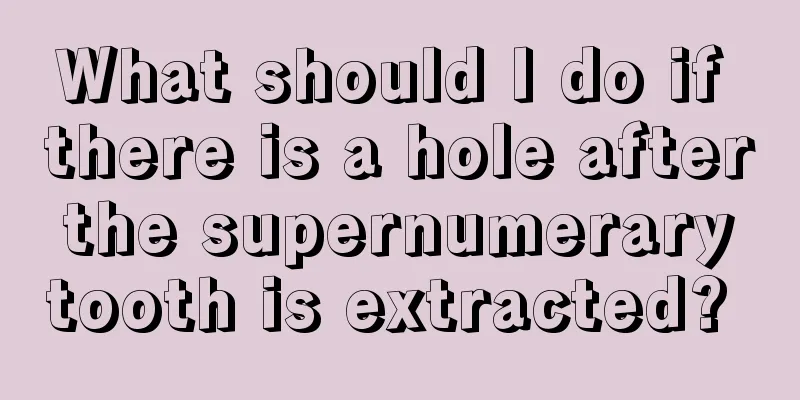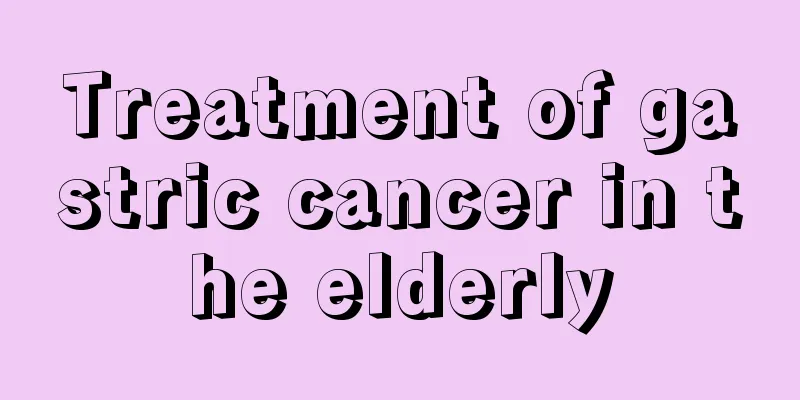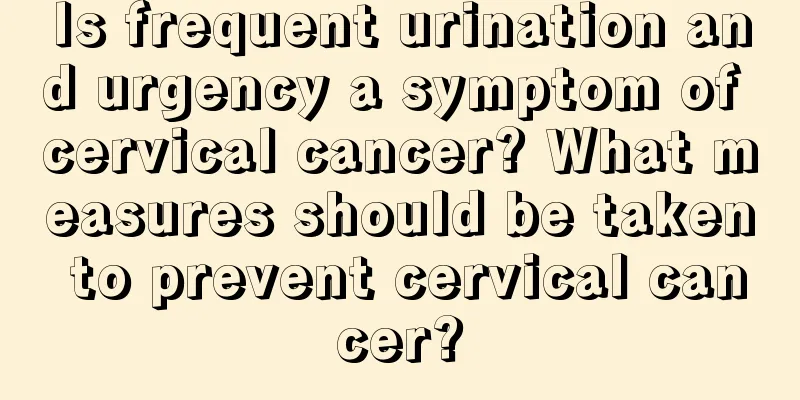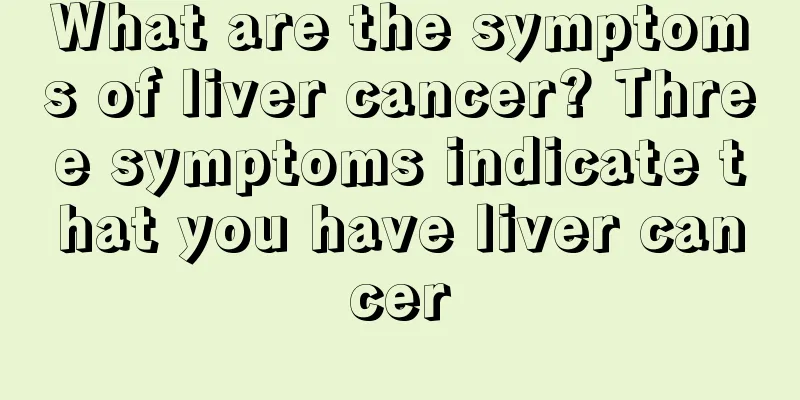What should I do if there is a hole after the supernumerary tooth is extracted?

|
Supernumerary teeth are a common symptom, but not a serious matter. They do have a certain impact on the child's oral growth, so many parents advocate removing supernumerary teeth. However, many children have holes in their gums after having supernumerary teeth removed, and this can cause a certain risk of infection. Let's take a look at what to do if there are holes in the gums after having supernumerary teeth removed? I hope everyone can understand. Supernumerary teeth are generally divided into two types: erupted and non-erupted. A small number of supernumerary teeth are buried in the jawbone and do not erupt, while most supernumerary teeth can erupt into the oral cavity. In this case, you need to take anti-inflammatory drugs for a few days, maintain oral hygiene, and avoid spicy and irritating foods. After the inflammation is eliminated, the supernumerary teeth need to be extracted. Generally, those that are buried in the alveolar bone and have no effect on the permanent teeth do not need to be extracted, but those that have already had adverse effects on normal teeth need to be extracted. It takes a certain amount of time for the gums to grow and heal and for new bone to form in the alveolar socket to repair the defect where the tooth was extracted. This is a normal situation that is inevitable in the short term after tooth extraction. It usually takes about 2 weeks for the wound to heal, and it is best to temporarily avoid chewing on that side when eating. It will take more than 4 weeks to completely repair the area. Just pay attention to your oral hygiene. Rinse your mouth immediately after meals and brush your teeth before going to bed. The hole in the gums after tooth extraction is temporary and usually disappears gradually in 2-3 months. The hole in the gums after tooth extraction is temporary and does not require treatment. Keep the area clean to avoid infection and rinse your mouth with light salt water frequently. There is no need to do any special treatment after the tooth is extracted. Just don't brush your teeth or rinse your mouth within 24 hours, and don't eat hard or hot food to avoid irritation. Supernumerary teeth do not cause any harm to humans after they are extracted, and they should be extracted to avoid affecting the appearance and causing jaw disorder or even jaw interference. To diagnose supernumerary teeth, you must seek diagnosis from a professional doctor to avoid losses caused by wrong diagnosis. |
<<: Is it necessary to extract supernumerary teeth?
>>: What are the consequences of not treating gingival hyperplasia?
Recommend
What kind of disease is endometrial cancer?
1. Endometrial cancer is a malignant tumor origin...
Is icteric hepatitis contagious?
Icteric hepatitis is a liver disease combined wit...
Excessive sweating can easily cause hair loss
Hair has a close relationship with the body. If y...
Maintenance secrets for 40-year-old women
It is said that men are in their prime at 40, but...
Why do I have hair on my legs
Both men and women have leg hair, but girls have ...
How to correct mild strabismus more effectively
The occurrence of strabismus cannot be ignored. A...
What are the harmful effects of salicylic acid in acne treatment?
Acne is a symptom caused by endocrine disorders o...
Can protein powder effectively increase weight?
In order to gain weight, some people try various ...
The causes of brain cancer need to be taken seriously by people
In recent years, brain cancer has been destroying...
Ways to treat insomnia
The method to treat insomnia is something that ma...
How to remove grease stains in the kitchen
Recently, there have been continuous reports at n...
Difficulty breathing in the middle of the night
Difficulty breathing and a feeling of shortness o...
What can I use to wash off old blood stains
We all know that if blood stains our sheets and c...
Nursing treatment of malignant liver cancer What are the treatment methods? Introduction to nursing methods for patients after liver cancer surgery
What are the treatment methods for malignant live...
What is bile duct cancer?
What is bile duct cancer? 1. For bile duct cancer...









